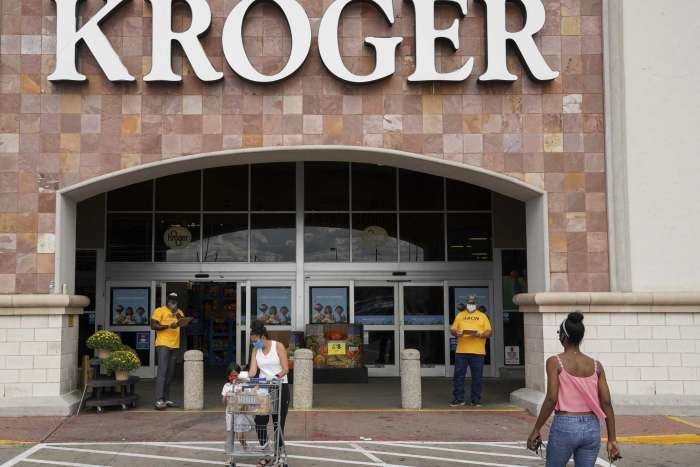The year 2022 could be a difficult one for Kroger, a grocery chain store. Company executive attributed the fall in share prices to wastage, discounts, and the global supply chain disruption to these falling numbers.
“Consistent with many retailers, we experienced supply chain constraints and increased warehouse and transportation costs during the quarter,” Kroger chief financial officer Gary Millerchip said in a call with shareholders and added that higher supply-induced costs are expected to persist well into the new year.
The close down of two Kroger stores in Long Beach, California has raised different concerns. Both stores, per a city mandate, had been obligated to pay workers an extra $4 an hour in “hero pay” during part of the pandemic, Mashed reported.
Read More: Stimulus Check Update: This IRS Suggestion Helps Ensure You Received All Your Stimulus Money
“You are mandating a 30% raise essentially, putting grocers in a position to make some difficult decisions,” Ronald Fong, president of the California Grocers Association.
“Every single company is worried about this.” Kroger is one of multiple grocery chains that might not survive 2022, but the store’s fate is of course not yet certain.”
But Kroger has said that Hazard pay was behind its decision to close two stores. A piece in Crosscut suggested that the company was exaggerating its struggles to increase its workers’ wages. The article notes that while pay raises could certainly cut into grocery stores’ already thin profit margins, “it doesn’t make sense to make long-term business decisions in response to unusual and temporary costs.”
The combination of “hero pay” controversy in the first half of the year and supply chain difficulties in the second half has resulted in a financial hit for Kroger.

